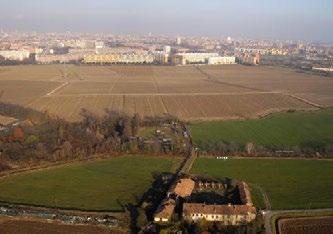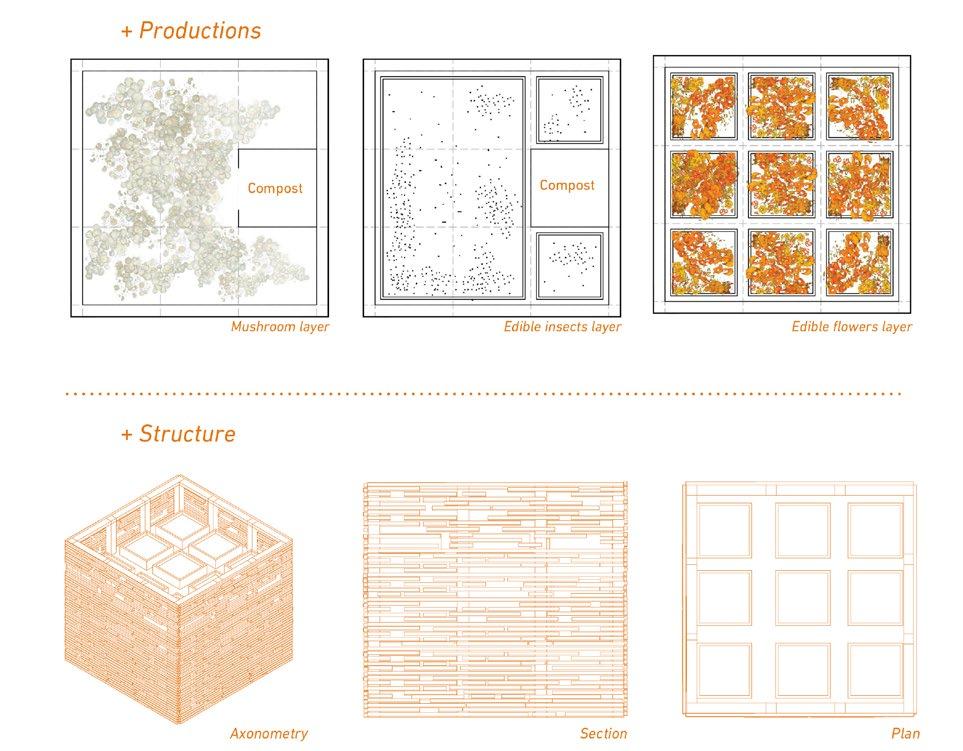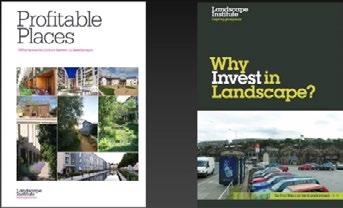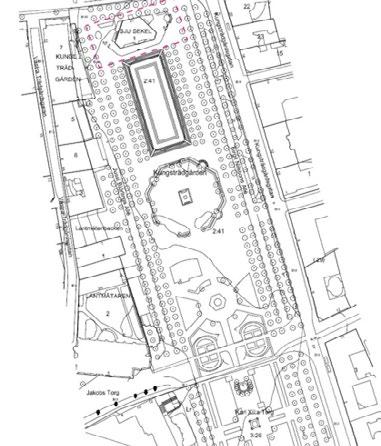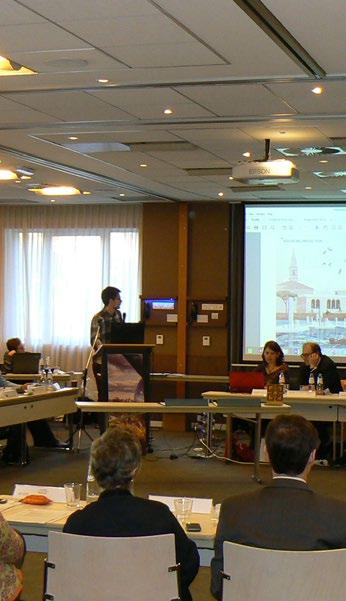
2 minute read
Poland Re-thinking common space in progress
Re-thinking common space in progress
URSZULA FORCZEKBRATANIEC IFLA EUROPE DELEGATE
Advertisement
The processes in urban spaces that require intervention are widely known, namely: fragmentation accrued as a result of development, accumulation of barriers and lack of continuity at the level of ecological and pedestrian communication.
However, in individual countries, we can observe particular phenomena resulting from different circumstances, such as a location, history or dependencies. In Poland, a problem that needs re-thinking is the social perception of public space and the regulation of the rights of its use.
Despite the common European roots and the parallel development until almost 1939, almost half a century of the totalitarian regime changed the way of thinking about public space. Prohibiting the trade and assembly, an attempt to introduce atheist society influenced the use and development of the common areas. Public space partially lost its function while becoming an abstract space, cut off from its genetic feature. Recovery of freedom does not solve the problem immediately. Similar to all problems originating from social issues, it takes time. If the scales are once tipped too far towards one party, they need time to become stable again.
Among the many problems resulting from social life disorders, we can mention lack of identification with the place, private appropriation of public space as a consequence of poor protection from the invasion of powerful development. Today, after 25 years of freedom, an approach and treatment of public spaces still require rethinking in terms of management and use.
However, positive changes are noticeable, changes which herald a revival of ties, the local identity and involvement in the creation of res publica. Transformations take place both within the scale of entire cities as in the case of Łódż, Warsaw and Wroclaw and within the scale of neighbourhoods. They take the form of comprehensive revitalisation programmes as well as micro interventions implemented with the socalled participatory budgets, which allow reducing and improving the space at the request of local inhabitants.
Rethinking process takes place in the consciousness of the community, and it shows as a city landscape. Mentioned by R. Krier Res publica, while supplementing res economica, it reflects the widely understood standing of the community and its quality and functioning manifest themselves in public spaces.The quality and success of future development of common space are conditioned upon the strength of social ties. Therefore, we can state that the futurescape depends on socialscape and constitutes its reflection.
In today‘s capital driven society, everything is driven by profit, whether it’s financial, commercial or political gain. The segment of the landscaping, architecture or urbanism, in general, is no exception. The structures are made, trees fell down or new ones planted, cities are growing in scale, even if the number of inhabitants is decreasing, the motivation behind seldom altruistic.


